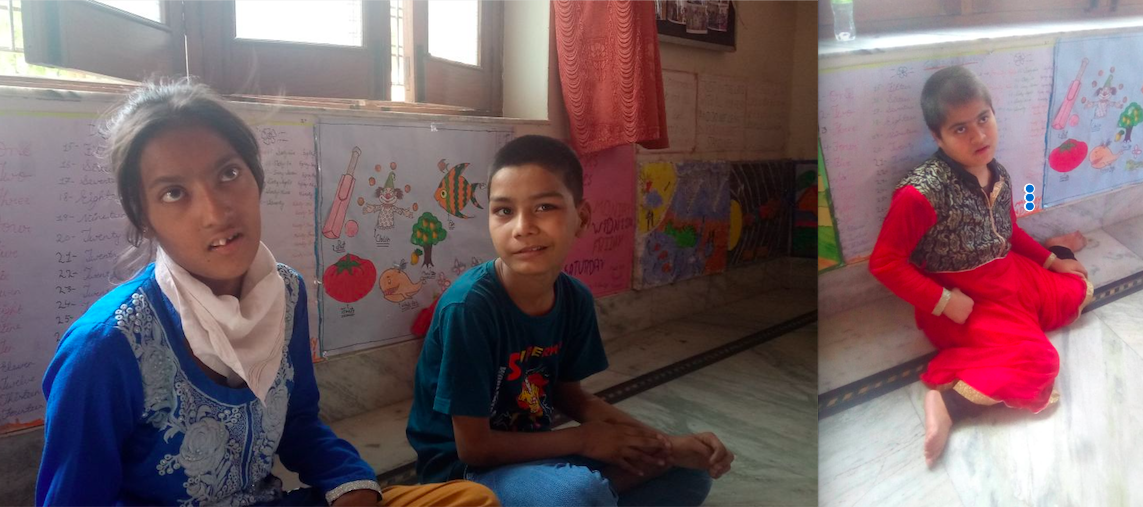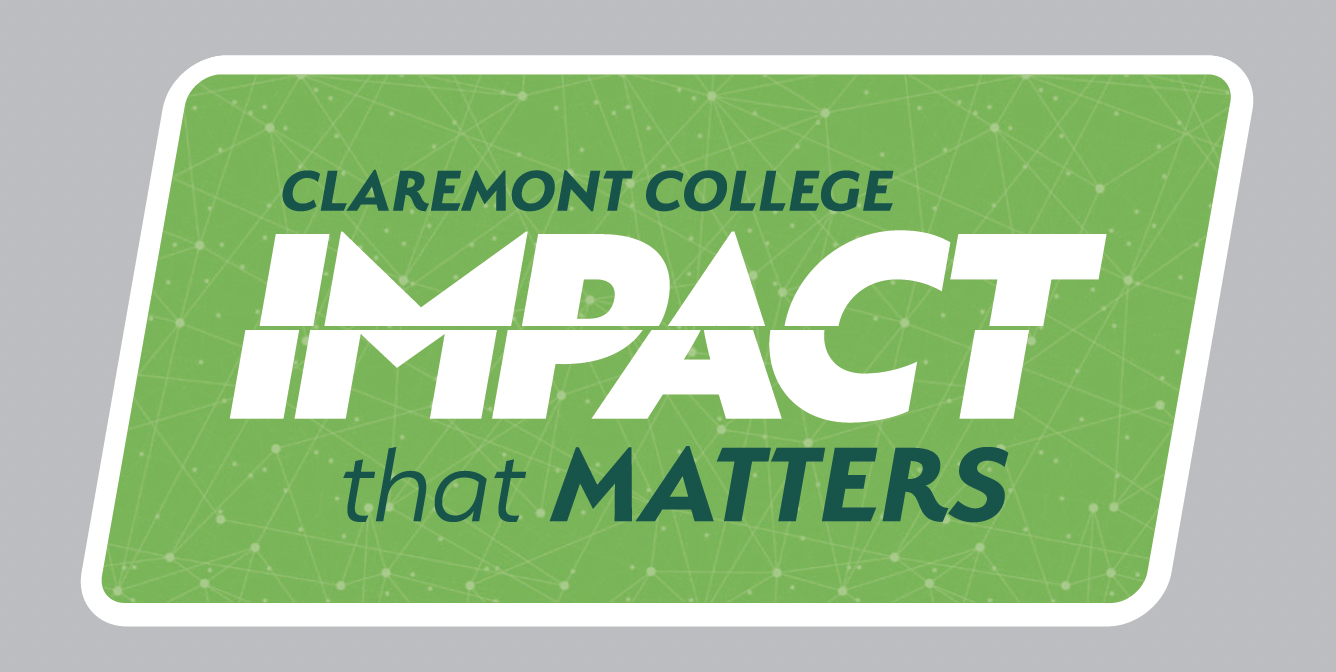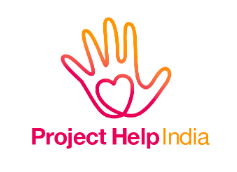 In my role as an educator I cannot stress enough my belief and conviction that when it comes to kids with special needs, we have been doing some things terribly wrong.
If a child can’t read at the pace of others, or if a child is struggling with their learning, perhaps they have a physical, behavioural or intellectual disability, what do we do? Generally, thinking that we can better cater for their needs, we remove them from their classroom and from their friends, and teach them somewhere else. The stigma can be painful. At times this is fair enough because maybe there are better resources, a better or more specific program with access to skilled, specialist staff. However, most of the time we have got this so very wrong. Keeping students who have disabilities with their friends, peers and other learners is what they need. Inclusion is not discriminatory and it is equitable. We must rethink school and classroom design to cater for the vast array of needs that all students bring. To take things further, in India where we are working, it’s wonderful just to get them out of their house. Here's what I mean; A couple of years ago, I visited one of our small school projects in Kotdwara. At a community meeting I asked; “Where are the kids with special needs?” “What do you mean?” was the reply. “Well, where are the kids who might have a disability” I asked. “A disability? What do you mean? “Like a child who is blind, or a boy or girl who can’t learn like the other children” “Oh yes, we have lots of kids like that”, was the reply. “Well where are they?” I asked. “They are at home” “Why aren’t they here at school?” “They can’t go to school because they have a disability” was the standard reply. The conversation would have gone in circles until I realised that the common place mindset was that school and a children with a disability were seen as being mutually exclusive. I have since learnt that many children with disabilities in India (and also in other third world communities) live at home for their entire life. These children whose families live in poverty really are the “poorest of the poor”. These kids are never educated because their parents have no money and no one has have ever offered them a vision for how a school might cater for their needs, and how learning might actually change the course and trajectory of their life. So often these parents live in shame for having such a child, rather than being helped, equipped and supported in the challenges they face. To have a child with a disability is a significant liability. Last week I visited a remarkable place, the Gem Foundation in Kampala. Rowena and I were incredibly inspired. Children with ‘significant’ needs were loved, cared for, and given a quality education, not to mention meeting their developmental needs through individual health plans. Kids with Downs Syndrome for example, were seen as being valuable and important individuals. http://thegemfoundation.com I’m proud that in June we started a small project at Kotdwara. Naomi, who is one of our amazing teachers holds a class 3 mornings a week, for three children, each with a disability. These kids are from families who live in terrible poverty. Their parents would otherwise never imagine that their children could be educated in any way - let alone loved, valued and embraced by others. The children are given a healthy snack, they play with toys that they never see at home, have stories read to them, and an educational program is being implemented as we determine how we can best meet their individual needs. It’s early days and we love these remarkable kids as if they were our own. Each has their own beautiful personality and we are enjoying getting to know them better. They make our lives brighter and richer simply by knowing and doing life with them. Rabiya is from a Muslim family. He was impacted by neonatal drug taking, was born premature and although “he understands everything” (not sure what this means) he cannot speak or walk. He loves coming to our centre where he is learning to read. His smile lights up the place when he arrives. Farah is 18 years old. Both of her parents have polio and they cannot walk. Farah loves coming to our centre and she cries when she has to go home. Ayush is ten years old and he is from a Hindu family. He has never been to school. When at age 5, his parents realised that he had a mental disability, relatives advised his parents to “throw him out or send him to an orphanage”. Ayush’s mother was determined to keep him and now she is finally receiving some help and support from Project Help. So what’s the vision? Perhaps you can help? We would love of course, to receive your generous donation but even more valuable than this, we are reaching out to ask for specialist help and guidance. Some of the questions we are asking include;
The need is great, our resource is minimal. Our love is huge and we are confident that we have friends and networks who would like to share their love too. Our starting point is to gather some like-minded, passionate educators or people involved in helping children with disabilities to meet with me to get things rolling, and to help me get a clearer sense of direction. Perhaps you can’t help, but maybe you know someone who might be interested, if so please forward this email to them. As with all things we have experienced with Project Help, we know this to be true;
Thanks as always, Love Doug :-)
1 Comment
Julie
8/16/2018 04:28:00 am
I am happy to have a chat Doug but it may need to be on the phone rather than in person.
Reply
Leave a Reply. |
claremont.nsw.edu.auarchives
June 2024
categories |

